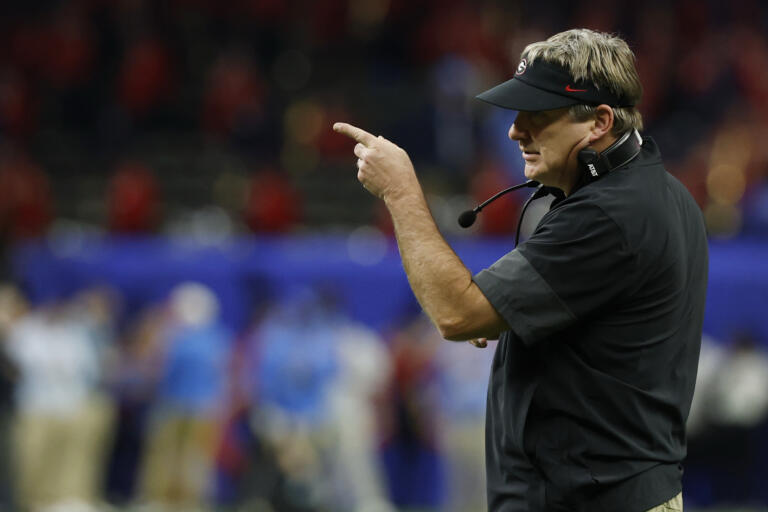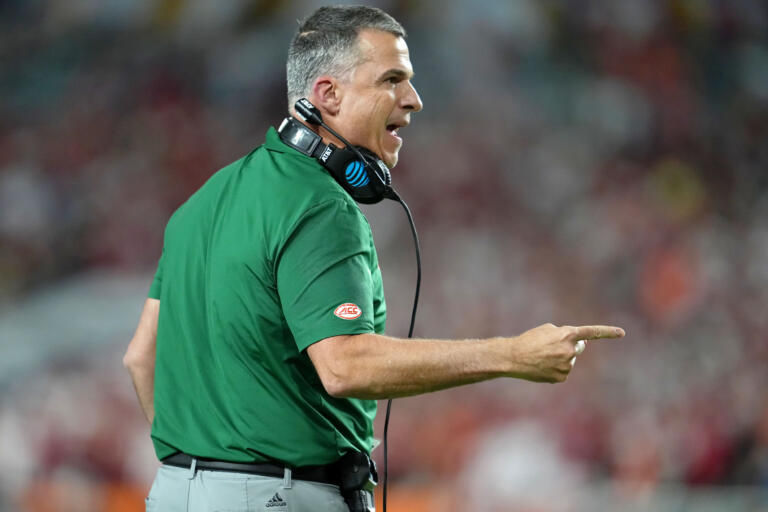Isn’t it fascinating how the worlds of virtual gaming and college football are colliding in ways we’ve never seen before? With the buzz around EA Sports College Football 25 reaching fever pitch, over 10,000 athletes have jumped at the chance to see their avatars on screen. They’re not just playing for glory on the field anymore; they’re also set to earn a tidy sum of $600 and bag a free copy of the game for their participation. Yet, amidst this wave of enthusiasm, one notable name is taking a different path: Arch Manning, the much-talked-about quarterback for Texas.
It’s a move that has everyone talking. Why would Manning, a player with one of the most recognizable names in college football, decide to sit this one out? The plot thickens, especially when you consider that his teammate, Quinn Ewers, is all in. Ewers, the starting quarterback for Texas in 2023 and a favorite to lead the team again next season, has opted to be part of the gaming revolution. It sets up a curious contrast within the team, offering a glimpse into the personal choices athletes make in the digital age.
Now, think of it like a chess game. Each player, or in this case, athlete, has a set of moves they can make, each with its own set of consequences and rewards. For Ewers, the decision to participate is a forward move, placing his digital counterpart in the hands of gamers everywhere and potentially expanding his fan base. For Manning, the choice to abstain is equally strategic, perhaps a side-step, keeping his image and likeness his own for now. Both moves are bold, calculated, and reflective of their individual game plans off the field.
However, this saga isn’t just about individual decisions. It’s a reflection of a larger shift in college sports, where athletes now have the power to control their likeness and profit from it, a concept that was unimaginable just a few years ago. The inclusion of players in EA Sports College Football 25 marks a new era, blending the lines between athlete and avatar, reality and virtual reality.
Furthermore, this situation begs a deeper exploration into what motivates a player’s choice to engage with or abstain from such opportunities. Is it a matter of principle, privacy, or perhaps a strategic play for something greater down the line? For fans and onlookers, it adds an intriguing layer to the persona of their favorite athletes, extending their legacy beyond the field and into the digital realm.
As we circle back to the heart of the matter, the choice made by Arch Manning stands as a testament to the evolving landscape of college athletics, where every move is scrutinized, and every decision can become a headline. With the release of EA Sports College Football 25 on the horizon, Longhorn supporters will undoubtedly miss seeing Manning in virtual action, but they have the consolation of controlling Quinn Ewers in a game that promises to bring the college football experience to life like never before.
In conclusion, as we ponder the implications of Manning’s decision and celebrate the inclusion of thousands of athletes in this groundbreaking game, one can’t help but wonder: How will these choices impact the legacy of college athletes in the digital age? And what new chapters will be written in the saga of college sports and video games? The game is changing, and we’re just getting started.








